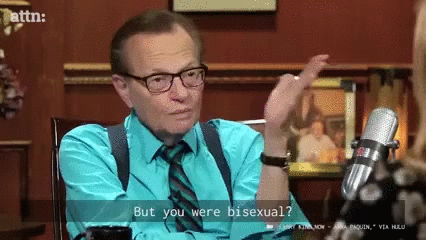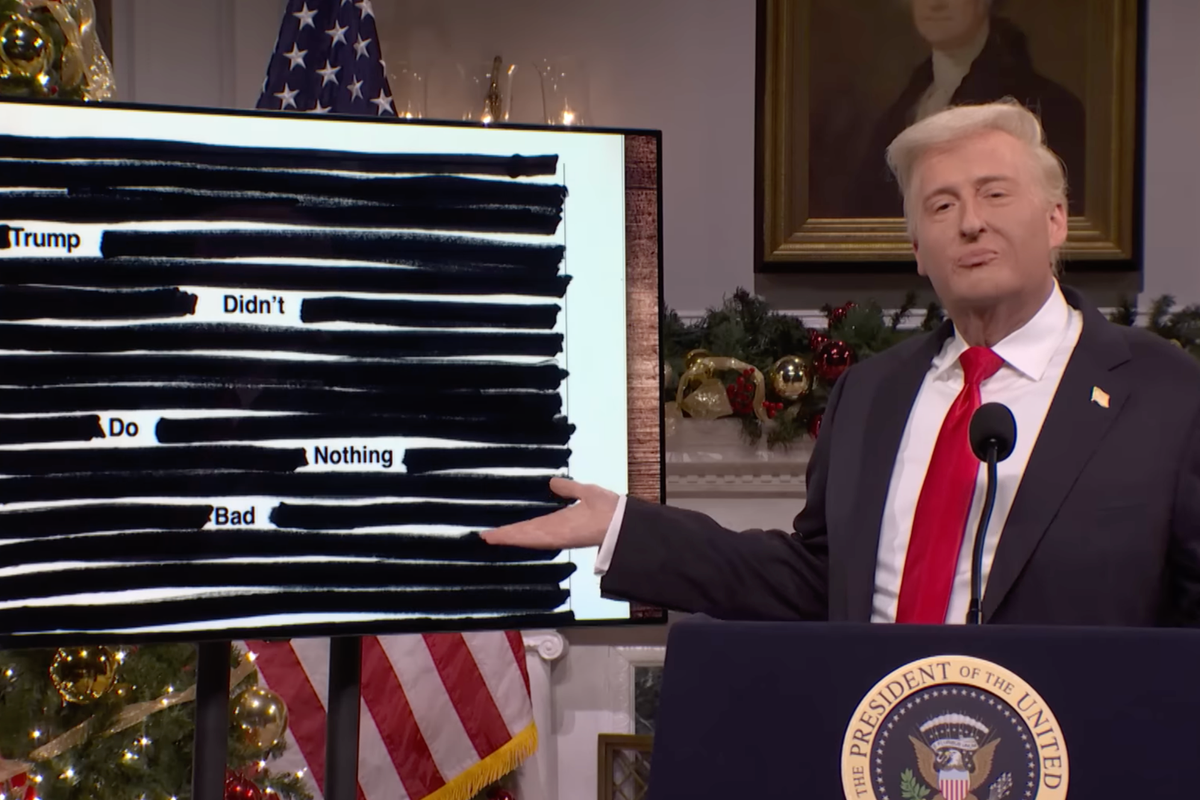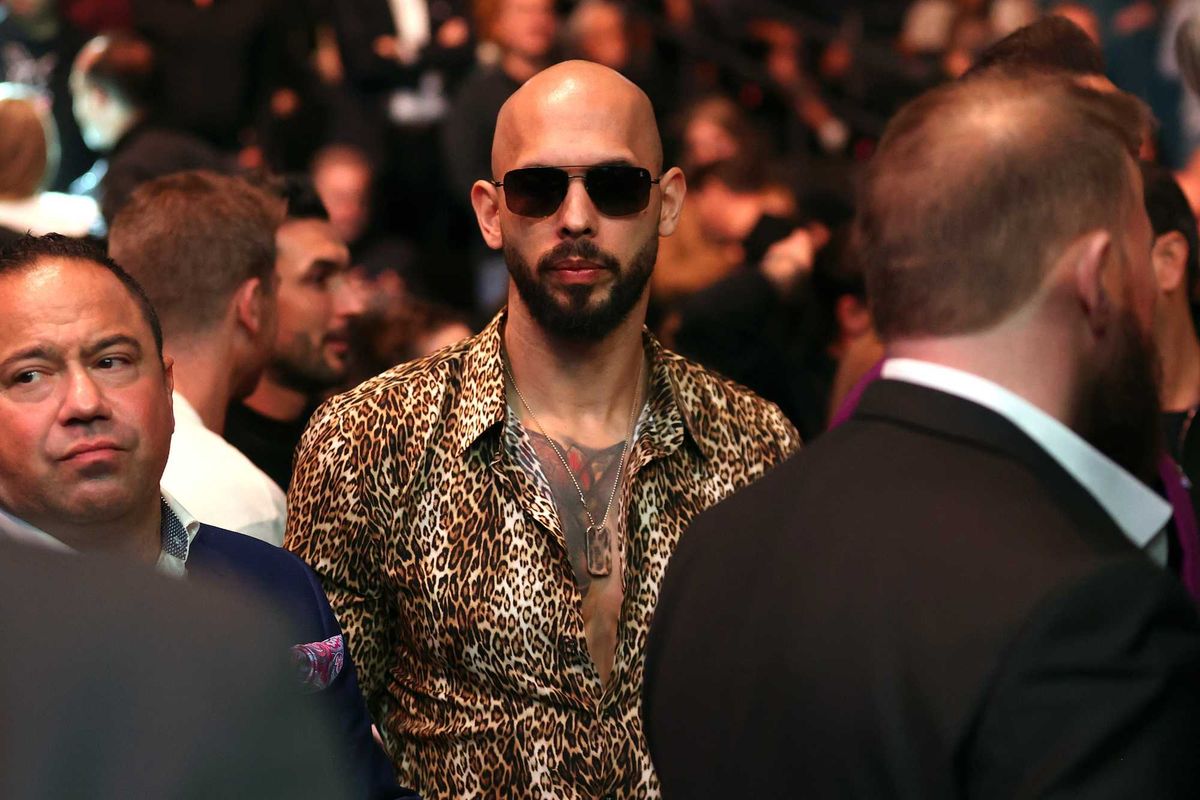Viral
Mimi Launder
May 16, 2018
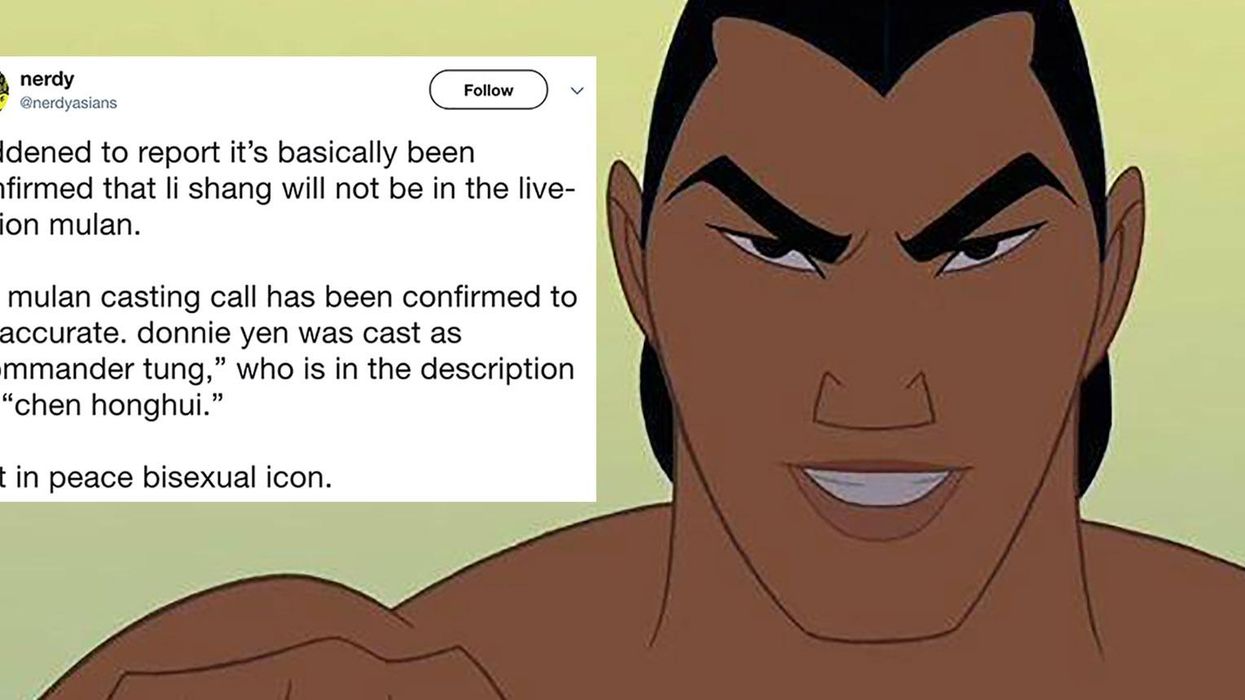
Picture:
Twitter / @nerdyasians
Whether they're called promiscuous, picky, greedy, cheaters, indecisive, 'on the way to gay', 'just a phase' or confused, harmful and downright incorrect stereotypes often cloud representations of bisexual people in the media.
And when bisexuality isn't being belittled, it's being ignored. This is 'bi erasure', the attempt to invalidate and disregard bisexuality, and it's not talked about often enough.
Bisexual people make up 52 per cent of the LGBT+ community, but not enough is being done to meet their needs. Bisexual people experience more discrimination than other members in LGBT+ communities, one study found, because they feel they don't belong in any one community.
Sometimes, bi erasure is rooted in biphobia. Other times, in misguided ignorance. And it can come in many forms: whether that's not naming bisexuality on TV, marginalising bi people within the LGBT+ community or refusing to believe that bisexuality even exists.
Earlier this year, for example, you might have been confused about the fury over reports that Li Shang had been cut from Disney's live action Mulan remake.
Not been hanging out in LGBT+ corners of the internet? You're probably even more bewildered a viral tweet mourned the loss of Captain Li Shang, Mulan's eventual love interest in the original film, as a bisexual icon.
Well, bi erasure is to blame.
The man's not even been confirmed as bisexual, you could rightfully point out. But so scarce are bisexual representations in popular media that any mainstream recognition of bisexuality is understandably pounced upon.
Fan theories spun to evidence Shang's bisexuality are convincing too - the argument being that he caught feeling for Mulan when she was dressed as Ping, a man, and before he knew she was a woman.
Shang clearly has a growing affection for Ping that goes beyond how he treats the rest of his soldiers - and his shock when she eventually reveals her true identity suggests he had no clue as to her disguise.
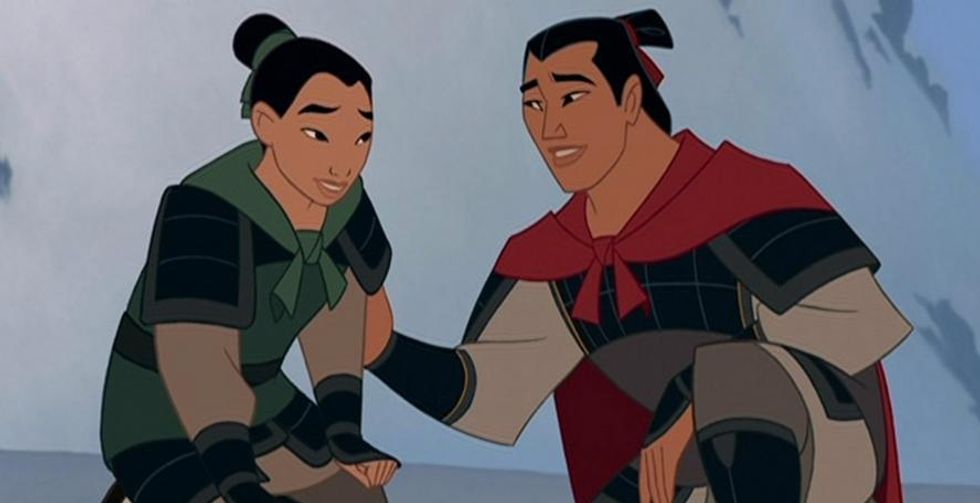
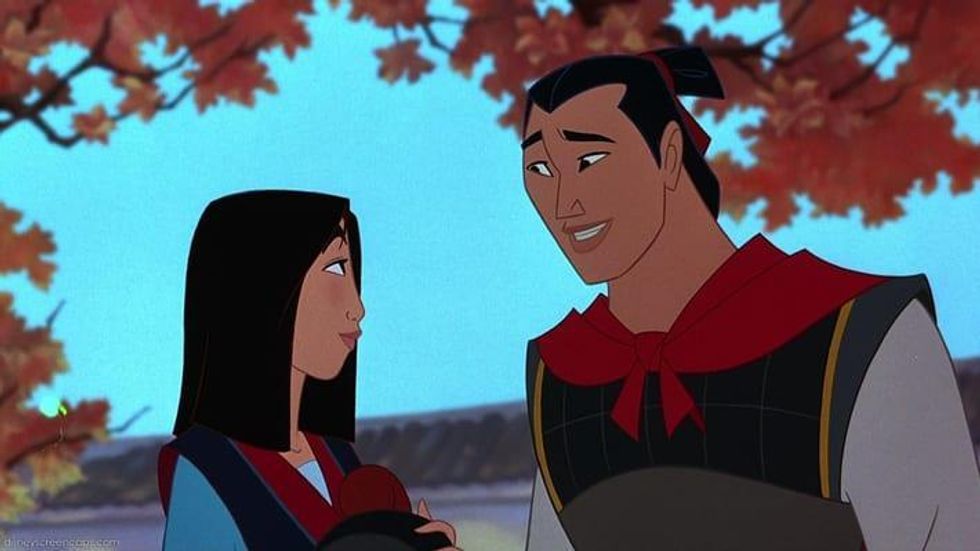
Reportedly replacing him is, Chen Honghuim a fellow recruit who becomes Ping's rival - but, crucially, only falls for her once she reveals that she's a woman.
Shre Maha, who is Malaysian and identifies as bisexual, was "disappointed" about the news as "there was a massive hype around a 'bisexual Shang'". She added:
I understand that Disney is slowly starting to be more inclusive (in terms of ethnicity, gender role stereotypes, and sexuality - such as LeFou from the live action remake of Beauty and the Beast) so Mulan was seen as a perfect opportunity to portray a non-heterosexual (somewhat) main character.
She believes that the removal is a red flag: "Disney is not ready for such a big step in terms of inclusivity", potentially fearing global backlash. For example, Beauty and the Beast was banned in Malaysia because LeFou was gay.
Dr Helen Bowes-Catton, who is Chair of BiUK and researches intersectional social justice at The Open University, believes bi erasure and the negative stereotypes surrounding it in part stem from our culture's obsession with binaries, she writes on her blog.
Bisexuality disrupts our tendency to split life into one of two boxes - good and bad, heaven and hell, body and soul - meaning that people struggle to accept the identity as anything more than limbo or a phase, and this means that bisexuality just doesn't compute for some. She told indy100:
In order to demonstrate an ‘authentic’ and ‘respectable’ sexual identity, it has to be something that you experience as innate rather than chosen, and that stays the same over time.
Within that framework, bisexuality just doesn’t make sense.
The implication that you can ‘choose’ the gender of your next sexual partner, and that you could then go on to ‘choose’ a partner of another gender, but that this doesn’t mean that you were ‘really’ straight or gay all along… it messes with people’s heads, because that’s not what sexuality is for most people.
This is why bisexuality as a sexual/ political identity is kind of culturally unintelligible, and why to be bisexual is to some extent always to be cast as the trickster.
Top 100
The Conversation (0)
